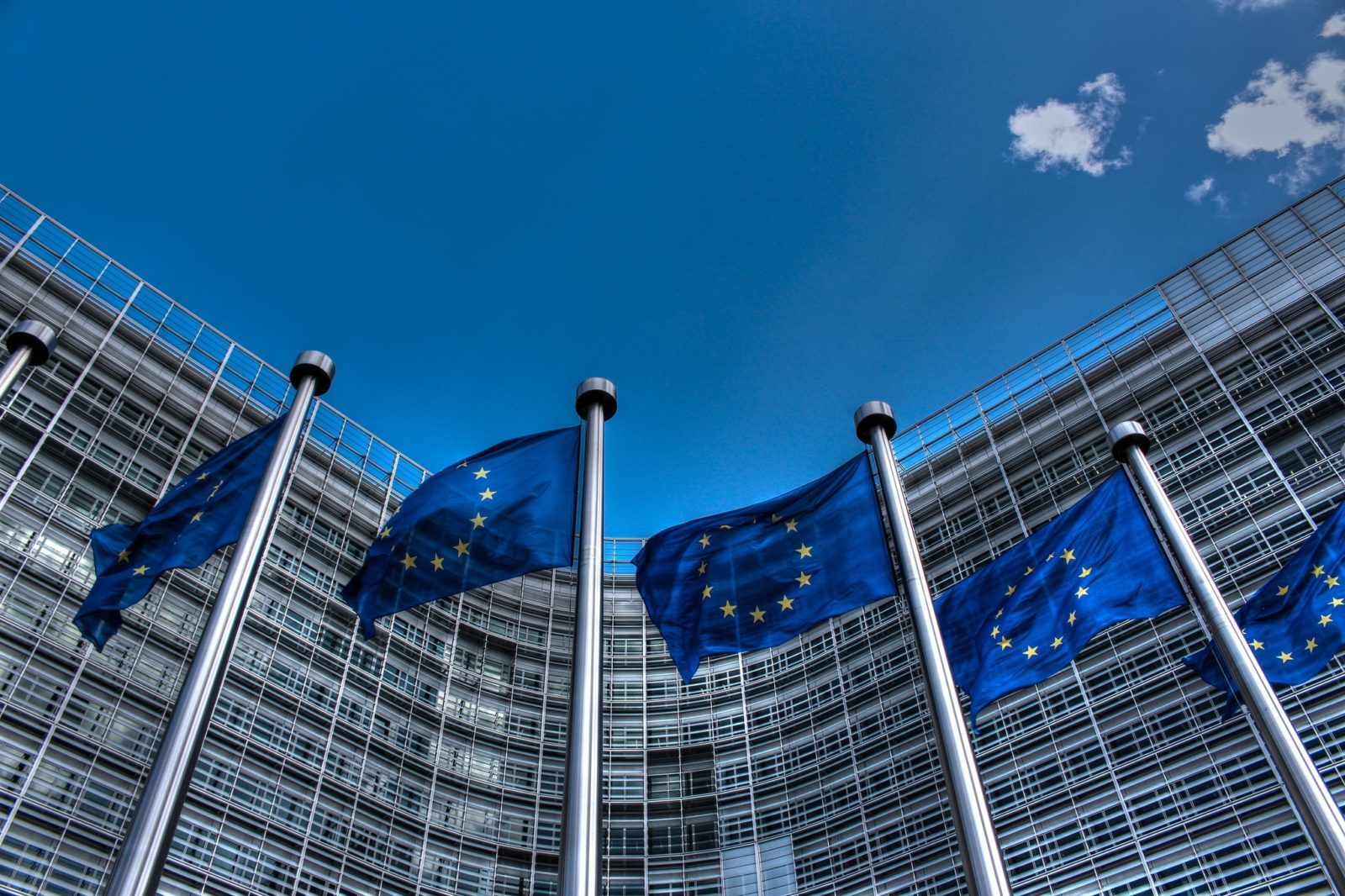By a slim majority, United Kingdom citizens have voted for the UK to leave the European Union and have brought about the resignation of Prime Minster David Cameron. The UK, the European Union and much of the world look set for a period of renewed economic and political instability, rather than the steady and purposeful reform that many of us work for.
UK commentators such as Richard Murphy and contributors to #MoreInCommon – founded in loving memory of the so recently murdered campaigning Member of Parliament Jo Cox – are already envisaging more hopeful and healing scenarios for politics and society. For those working in the fight against corruption, and for transparency and accountability in the extractive and other industries, it is crucial that we secure and build on the gains of recent years.
In the coming days the United States Securities and Exchange Commission is due to release its long-delayed country-by-country reporting rules under the Dodd-Frank Act section 1504. PWYP activists in the USA and beyond are watching closely in anticipation that the US transparency rules will robustly require companies to make public, project-level disclosure, with a strong project definition, and company names disclosed.
Effective rulemaking by the SEC in the USA, following recent years’ legislation in Norway, the EU and Canada, will powerfully consolidate the global extractives transparency standards that G8 governments committed to in their 2013 communiqué and ensure that the great majority of global oil, gas and mining companies are required to report in one jurisdiction or another.
Civil society must also continue to play its crucial part in ensuring the integrity of the Extractive Industries Transparency Initiative. The EITI’s advances over the years have almost always come as a result of strong and evidenced-based civil society advocacy. Calls for the EITI to be more responsive on social and environmental issues must be addressed if the EITI is to achieve greater relevance for extractives-affected communities. We also urge more countries that host extractive operations to commit to implementing the EITI.
In the UK and the EU, we cannot let the UK referendum vote distract us from ensuring that newly implemented transparency legislation remains strong and effective in deterring and exposing corruption and mismanagement. PWYP’s Data Extractors programme has a key role in monitoring company reporting, building capacity in civil society across the world to use the data on company payments and government revenues, and holding companies and governments to account for the finite natural resources they extract and the social licence that allows them to operate.
Globally, we also need to see more law-making. Jurisdictions with major extractive companies operating at home and overseas include Australia – whose forthcoming implementation of the EITI we welcome – as well as Brazil, China, India, Russia and South Africa. Each of these countries should implement mandatory reporting for its home-registered oil, gas and mining companies.
In addition, major commodity trading hubs – notably, Switzerland, the UK, the USA, Singapore and the Netherlands – need to introduce mandatory reporting for their home-registered oil, gas and mineral trading companies, whose payments to governments account for a very large proportion of government revenue in Azerbaijan, Iraq, Nigeria and other resource-dependent countries in Africa, Asia and Latin America. On trading transparency it will be especially important that the UK upholds its Anti-Corruption Summit and Open Government Partnership commitments.
Whatever the future holds for the UK and the EU, the world’s poor and marginalised people must not be denied fair shares of the benefits derived from our planet’s finite natural resources.











